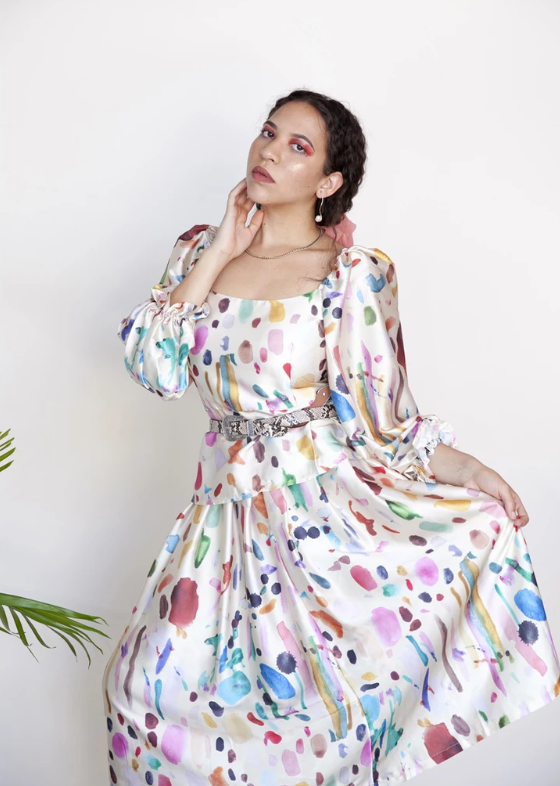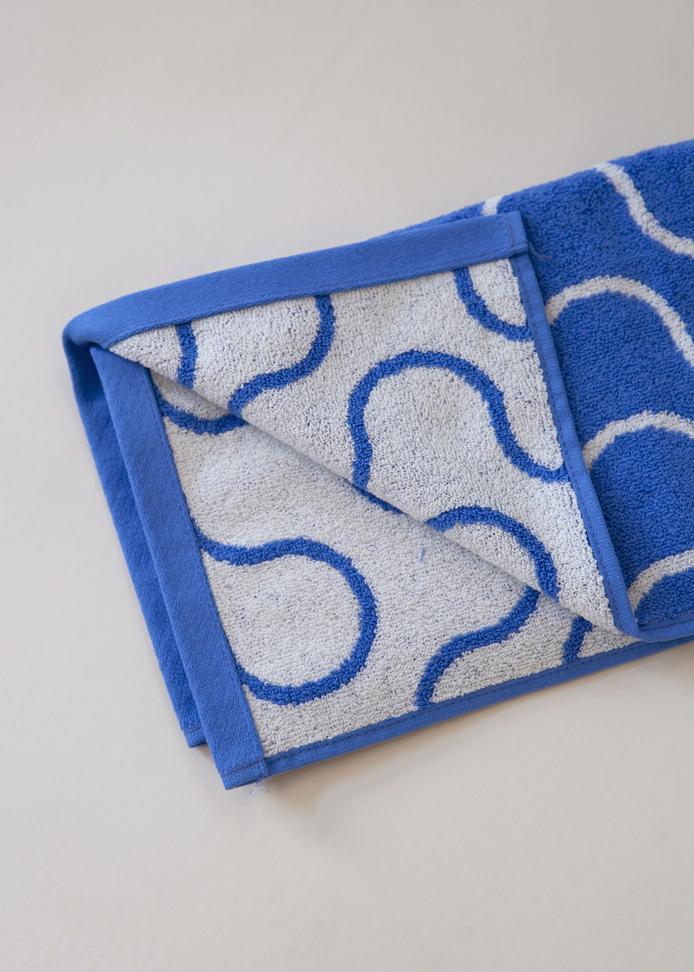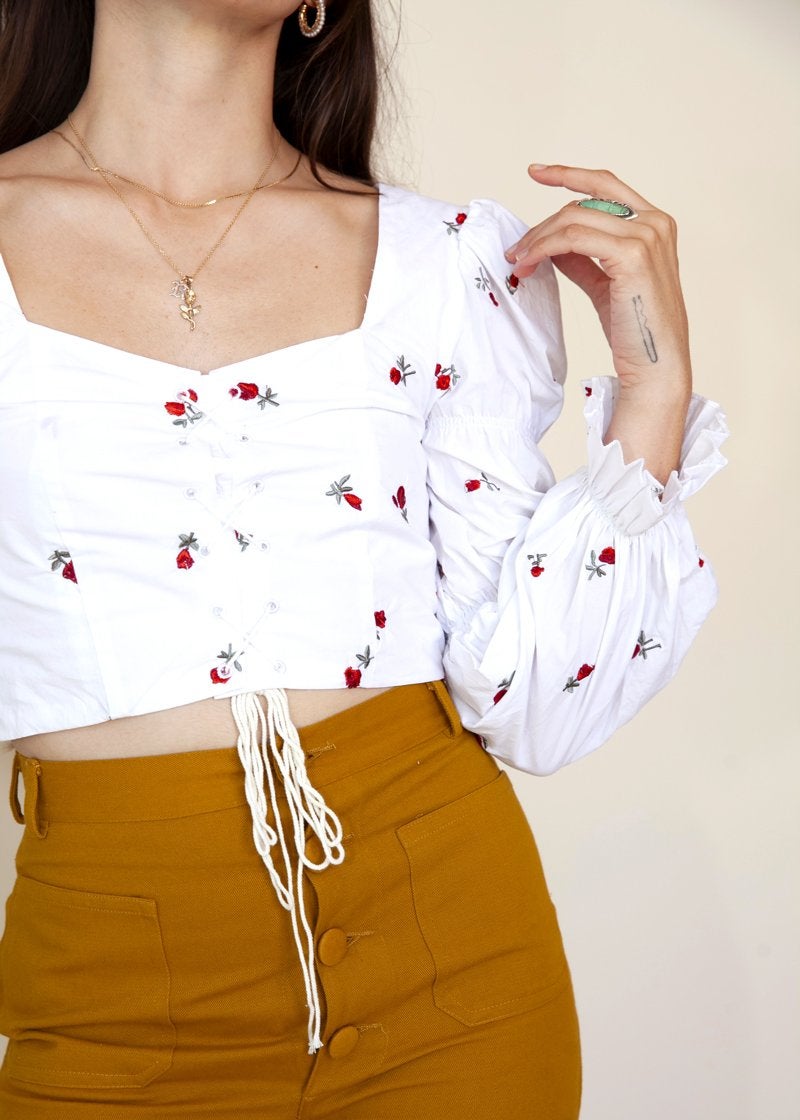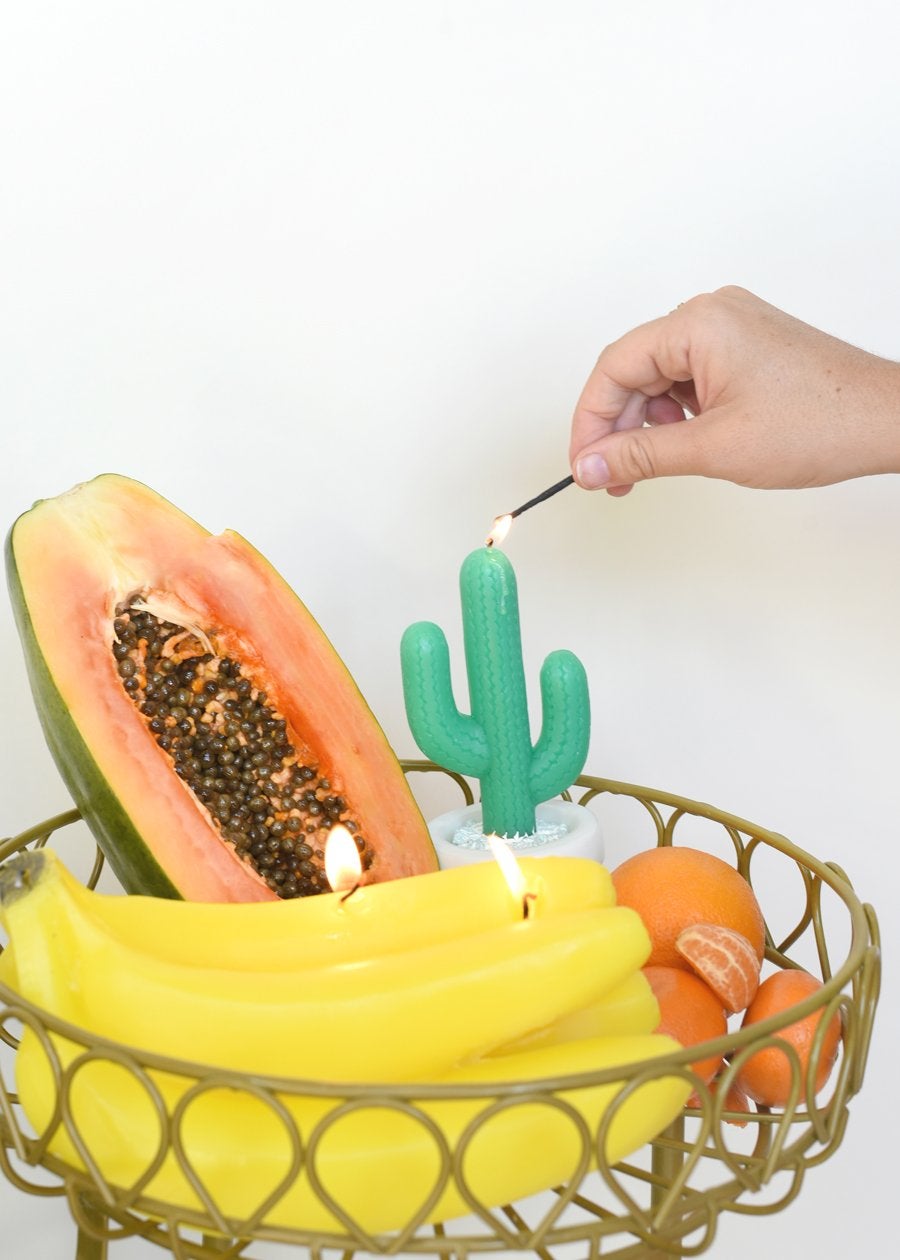Hide Your Wallets! There’s A New Off-Price Destination For Your Favorite Indie Brands
Anyone who follows the independent-brand space or the world of off-price retail knows that one is not likely to find that colorful, past-season Dusen Dusen or a Rachel Antonoff shift dress at a big-box discount store like TJ Maxx or Nordstrom Rack. The past-season stock of the former usually ends up getting sold off at a hyper-local sample sale in the designer’s hometown (sorry, non-coastal dwellers), and the bread-and-butter of the latter are the type of household-name brands that produce deep piles of inventory. There hasn’t been much overlap between these two worlds — until now.
Last month, Rachel Gannon — former buying and merchandising director at the “serious about fun” online retailer ban.do — launched Cara Cara, a members-only e-commerce destination specializing in past-season goods from independent heavy-hitters like Samantha Pleet, Charlotte Stone, Baggu, and Crap Eyewear priced at 20% - 60% of their original retail cost. As smaller and “slower” fashion brands lack the inventory volume that the larger discount retailers require to place orders, there is “a huge white space in the market," according to Gannon, for designers with comparatively smaller production levels to take advantage of the off-price retail model.
AdvertisementADVERTISEMENT
At ban.do, the beloved lifestyle shop that we personally browse on the daily, Rachel was instrumental in building out a cool and carefree selection of apparel, accessories, and jewelry, ensuring that there was a mix of recognizable staple brands like Vans and Levi’s alongside female-owned and independent labels. She knew from years of working with designers big and small that they all shared the burden of unsold inventory. She even faced this problem at ban.do: “There’s nothing we could do except to put it on sale, and then the sale section starts to really clutter up the website.” Smaller brands often dealt with unsold stock by teaming up with fellow-brands to stage sample sales that gave limited access to a small pool of customers.
Early-career experience at RueLaLa and Macy’s also gave Gannon insight into the power of both the flash sale and perma-discounted off-season product. She knew that both strategies held an innate appeal, but wanted Cara Cara “to be a reinvention of that traditional off-price retail store. We wanted to bring more personality to it,” she says — along with a type of product that customers couldn’t get from the established players.
Gannon knew she was onto something when her initial outreach was unanimously well-received: after writing “a long email explaining the idea” to the select handful of brands she wanted Cara Cara to launch with, she says, “they were like, yes; we need this; it’s genius. They were all so excited and so supportive.” She then tapped two trusted people to come on as COO and creative director, respectively: her brother, John Gannon, a software engineer at Google, and photographer and art director Danielle Adams. “I pitched them on the idea and they were both like, ‘We love it. We’re in.’”
Almost a year later, Cara Cara is live and replete with an assortment that boasts a relaxed, joyful, and color-happy sensibility; and bearing a cheeky name that acknowledges Gannon and Adams’ shared “obsession” with a certain type of navel orange that contains a surprisingly rose-colored inner flesh. “We liked the idea that there’s something unexpected about [Cara Cara oranges]. On the inside, they’re juicy and sweet, which is similar to what we’re aiming to accomplish with our discounts — juicy deals!”
At Refinery29, we’re here to help you navigate this overwhelming world of stuff. All of our market picks are independently selected and curated by the editorial team. All product details reflect the price and availability at the time of publication. If you buy something we link to on our site, Refinery29 may earn commission.
AdvertisementADVERTISEMENT












